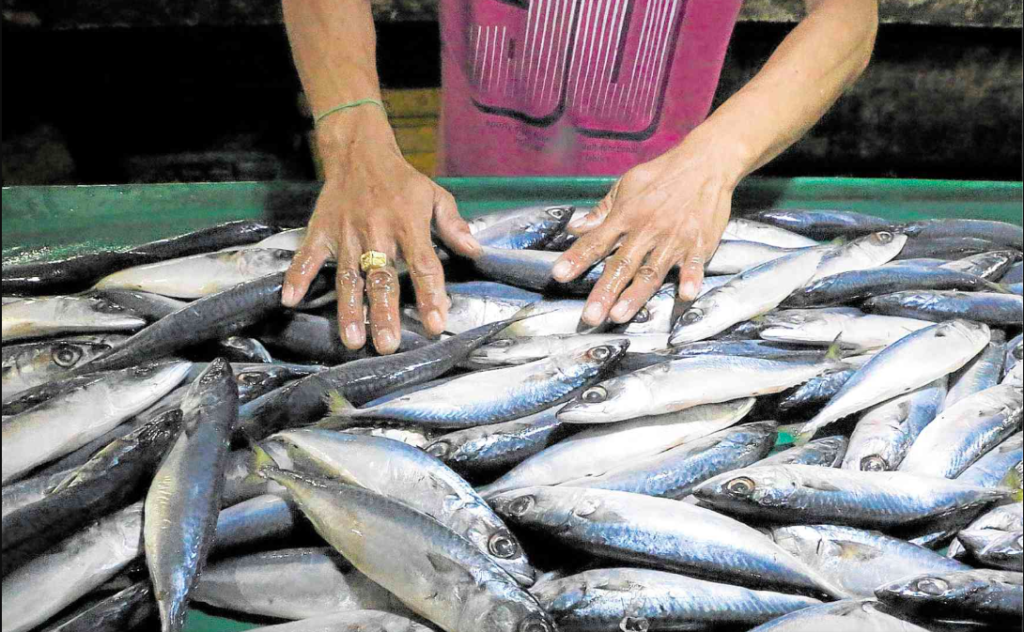
Businessmen, traders and retailers, who sell agriculture and fishery products at unreasonably high prices, are warned that the Department of Agriculture will take action against them. | inquirer.net file phto
CEBU CITY—Happy days will soon be over for those who sell farm and fishery products at unreasonably high prices. This after the Department of Agriculture has assured that they will take action against those people.
In a statement posted on the Department of Agriculture Facebook page, Agriculture Secretary William Dar noted the increase in the prices of farm and fishery products such as chicken, fish and vegetables.
“Thus, we warn unscrupulous and heartless businessmen, traders and retailers who take advantage of their countrymen. Rest assured that the guilty profiteers will not go unpunished in accordance with the law,” he said.
Dar said the DA would implement Republic Act 7581 or the Price Act of 1992 that allows the agency to penalize abusive businesses that control the supply of agricultural commodities to their advantage.
Last Jan. 20, 2020, the DA chief issued Department Order No. 3, where he invoked the agency’s powers as authorized under the Price Law.
The law was created primarily to prevent price manipulation and take action against individuals and entities that manipulate prices of primary and basic commodities.
Violators of illegal price manipulation will face imprisonment of at least five years up to 15 years, and would be required to pay a fine of not less than P5,000 and not more than P2,000,000.
Under the Price Act, the DA is the main implementing agency in ensuring stability of prices with reference to agricultural crops, fish and other marine products, fresh meat, fresh poultry and dairy products, and fertilizers, among other farm inputs.
Under the newly-issued order, Secretary Dar has tasked all concerned officials and staff to regularly monitor the food supply and price situation, particularly of poultry, fish and vegetables.
Great discrepancies have been observed between farm gate and market retail prices, which have surpassed acceptable levels, the DA statement noted.
For instance, the average farm gate price of chicken is at P77 per kilo, but sells in the market price at P157 per kilo, registering a difference of P80, with more than 100 percent mark-up.
For imported galunggong (round scad), its wholesale price ranges from P50 to P60 per kilo but it retails for up to P200 per kilo. Meanwhile, the local ones are sold for up to P280 per kilo, making it more expensive than pork, with prices ranging from P180 to P220 per kilo.
The secretary noted that ‘these discrepancies demonstrate a gross and direct contravention of the prohibitions set forth by the Price Act.’.
“Obviously, some traders and sellers refuse to reduce prices to pre-Christmas levels, and are taking advantage of the recent eruption of Taal Volcano,” Dar pointed out. “With this latest Department issuance, we aim to protect the welfare of consumers, and farmers and fisherfolk, who are themselves consumers.”
In a text message, DA spokesperson and Assistant Secretary Noel Ocampo Reyes said the secretary had asked concerned DA regional offices and agencies to give inputs so they could come up with suggested retail prices on selected basic food items./dbs